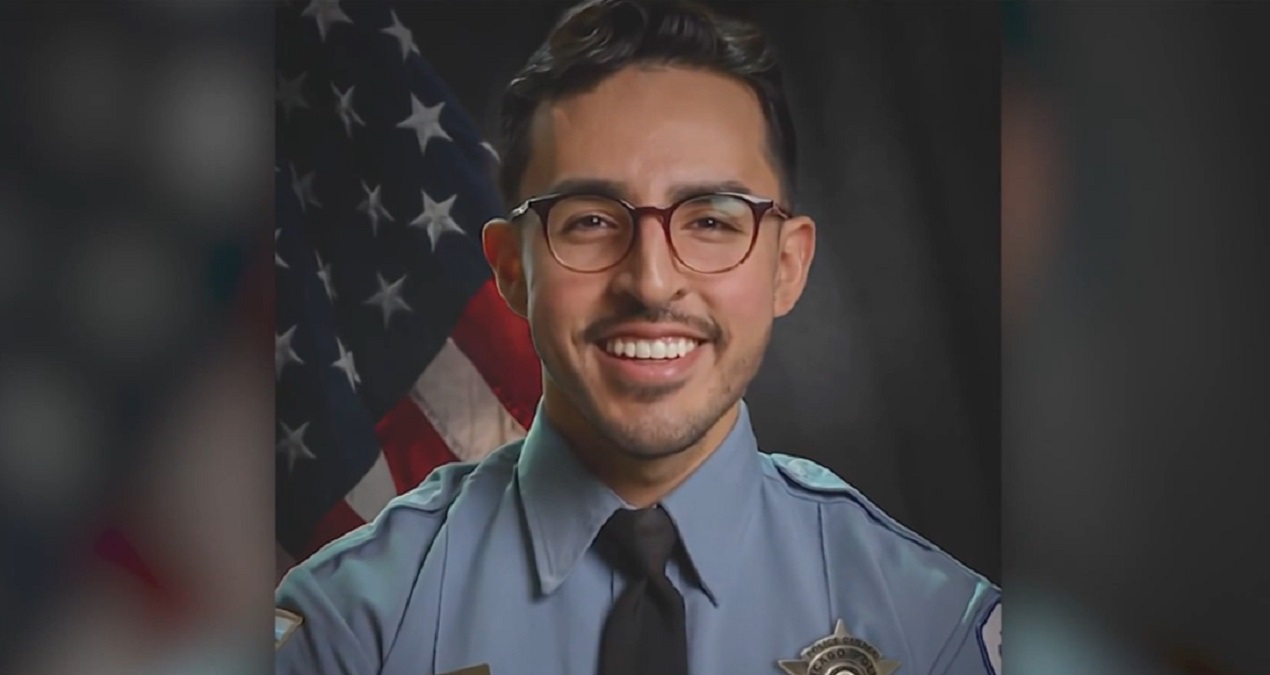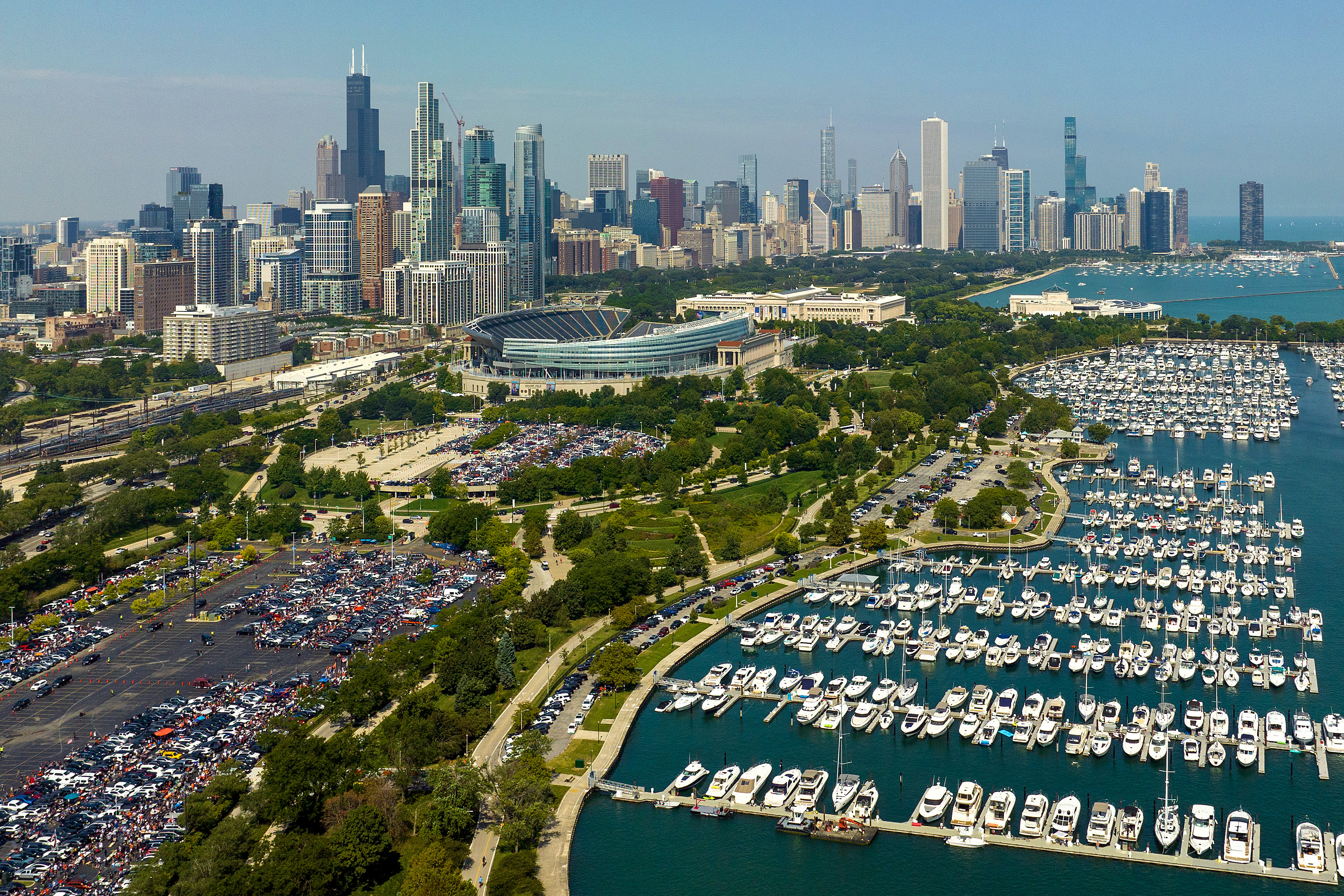Robert Blagojevich has a message for his fellow citizens: be very wary of the government’s unchecked power.
“My whole view of what this government was founded on, has been shaken to its foundation.”
Blagojevich, of course, was charged along with his brother, Illinois Governor Rod Blagojevich, in a federal indictment in the spring of 2009. One year, and a million dollars in legal fees later, the elder Blagojevich walked out of the court house a free man. His brother, of course, would be re-tried, convicted, and sentenced to 14 years in prison.
“If the Justice Department is about justice and doing what’s right in the name of justice, why play games with someone’s life?” Blagojevich asks. He says he firmly believes he was used as a pawn in the larger prosecution of his brother. And he blames then-U.S. Attorney Patrick Fitzgerald for the entire episode.
“It forces you to reconsider the country that you were born into, how it’s changed,” he said. “And how fearful I am now as a citizen about government intrusion, and how easy it is for them to eavesdrop on your conversations.”
Blagojevich was not his brother. While the public was all too familiar with the zany antics of the Illinois governor who did everything from reading the Top Ten list on David Letterman, to sparring with Donald Trump on The Apprentice, the older Blagojevich was the polar opposite. Quiet, conservative, and Republican, he plunged into his defense with his attorneys. Wife Julie transcribed every one of the undercover recordings. While Rod Blagojevich was mugging for the cameras, Robert was preparing to go to trial.
“I didn’t want to go to prison, and I was doing everything I could to avoid it,” he said. “We were not unified, as co-defendants. I did all the heavy lifting to get through the process, and Rod had a very different approach to it.”
Local
And Robert Blagojevich won. Most courtroom observers believed Blagojevich came across as stunningly truthful during hours on the witness stand, successfully parrying the questions of federal prosecutor Chris Niewoehner. The jury refused to convict him, and the feds chose not to try him again.
But Robert Blagojevich becomes uneasy when asked about what makes his brother Rod tick, preferring to focus on what he says was an unjust prosecution of both brothers. And in his new book “Fundraiser A”, he insists, that had the jury heard all of the undercover tapes, they would never have sent the former governor to prison.
“Over 50 times, where Rod says I want to do the right thing for the people of Illinois…I want to make sure it’s legal. I want to do what’s right. Over 50 times!”
Asked directly, if he believed there was ever a point where his brother crossed the line, Blagojevich did not hesitate.
“Unequivocally no, I don’t believe my brother was up to no good,” he said. “I do not believe that my brother had any criminal intent with me.”
And he likewise, does not blame his brother for his own ordeal.
“Not my brother, Patrick Fitzgerald and the Justice Department,” he said. “He didn’t do anything to get me in trouble. Patrick Fitzgerald did that!”
Indeed, in terms of the infamous senate seat, Blagojevich says he only recalls his brother seriously entertaining two possibilities.
“One was Lisa Madigan, the Speaker’s daughter, and the other was Rod would consider him, himself, to be a default choice, to appoint himself which he had the power to do.”
Fitzgerald declined comment on Blagojevich’s criticisms.
Today Robert Blagojevich has moved on. He beat the government, but the prosecution took its toll. His defense cost close to a million dollars. He and his wife were forced to mortgage their home, and their retirement savings were largely wiped out.
“You’re up against a world superpower, the United States of America,” he said. “The resources that an individual citizen can bring to their defense is nowhere near what the federal government can bring.”
A former army officer, who always prided himself on being fiercely patriotic, Blagojevich now counts himself as an independent who is wary of his government.
“The experience of having been wiretapped and violated that way, it changes you,” he says. “The prosecution that I was a part of was not about justice. It was about winning.”
And his brother Rod? Blagojevich has not heard from, or spoken to him. He attempted to visit the former governor once, in the fall of 2012, at the prison where he is housed in Englewood, Colorado. But he was informed that he was not on the approved visitor’s list, and was turned away.
“I’ve written to him several times, and so I’m very comfortable with my attempts to contact him, and for whatever reason he chooses not to respond. That’s his choice. But I just hope with the passage of time we will somehow be reunited as brothers.”



